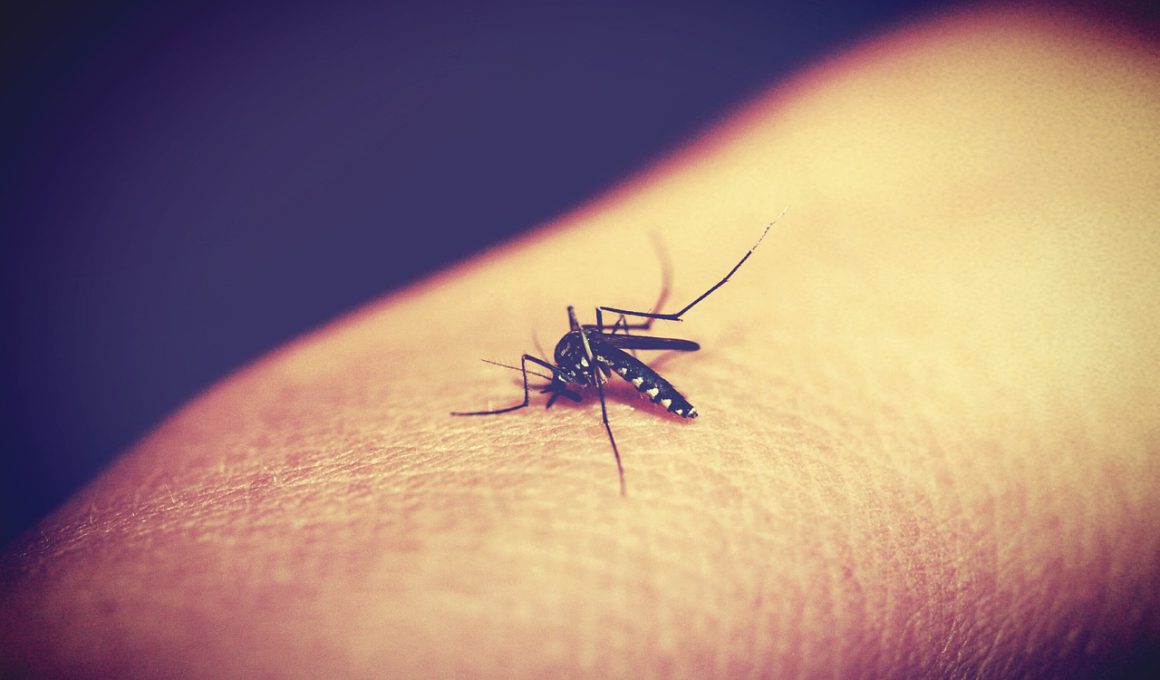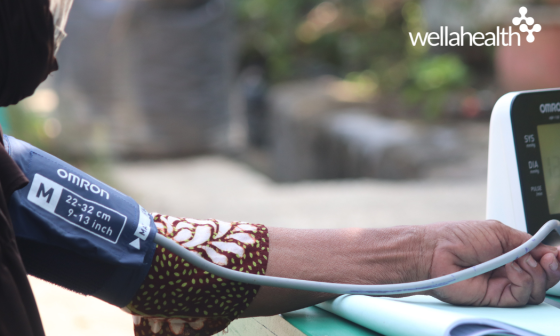Malaria is an illness common to people living in tropical areas including sub-saharan countries like Nigeria. As an organization we’ve provided over 200,000 patients with care to bounce back to health from malaria. In this malaria fact sheet, we share answers to some of the questions that have been asked about malaria by our patients and the general public.
What is malaria?
Malaria is a serious illness which is caused mostly from the bite of an anopheles (female) mosquitoes already infected by the parasite causing the illness. The main parasite is the Plasmodium Falciparum. Although there are about four malaria blood parasites. While most infections are related to local transmissions, for a sub-Saharan country like Nigeria, there are occasional cases attributed to travel to other countries.
Who can get malaria
Anyone can get malaria whether infant, toddler or adult. Male and female too. It is important to get tested when you notice symptoms as people have died from self-diagnosing wrongly for other ailments without visiting a hospital or community pharmacy near them.
How is malaria transmitted
It is transmitted majorly through the bite of an infected female anopheles mosquito. There have been cases where it is transmitted through the transmission of unscreened blood from infected individuals.
It is not transmitted through the use of same utensils or cups for drinking.
Researchers have observed that stored blood products can remain infectious up to 16 days.
What are the common symptoms of malaria
There are several symptoms of malaria. This makes it easy for Nigerians and people living in sub-Saharan country to assume it might be some other thing. Also increasing the possibility of mortality or serious health challenge from the illness.
The most common symptoms include: high fever, sweats, headache, vomiting, chills etc. There are also some severe cases that lead to malaria affecting the nervous system.
We wrote about cerebral malaria – when it affects the brain here.
Other symptoms in severe cases include anemia, blood clotting issues, shock, kidney or liver failure, coma, and in some instances, death. An important information to hold is to check the cycles of chills and high fever especially if you’ve tried to manage with OTCs like paracetamol and there is a recurrence of the symptoms everyone, two, or three days. It is a strong characteristic indicator of the illness in individuals.
But you need not wait too long to confirm if you are tested positive. Go to a local laboratory, hospital or pharmacy and request for a test. It costs about 1,000 per test which would save you a lot from guesswork but if you are on this plan for only 1700 or 2,300 for 3 months, you’ll get free tests every time you need to confirm it.
How does malaria spread
It takes between 7 days to 4 weeks for the day of the bite to the onset of malaria symptoms. This is mostly dependent on whatever needs to be taken care of. There are some rare cases when it is malaria symptoms after an infectious mosquito bites shows up earlier or much longer.
This is mostly dependent on the parasite type that is injected into your blood stream by the mosquitoes. For example, while Plasmodium falciparum (P. fal) incubates faster and you start seeing symptoms a few days to a week from contact, Plasmodium Vivax (P. vivax) can hve an incubation period of few months up to 4 years between mosquito bit and the first symptoms.
How is malaria diagnosed
Malaria can be diagnosed solely through laboratory tests that determine the presence or absence of the parasites causing the disease. Although one could suspect based on symptoms and travel history if you recently toured regions with high prevalence.
Laboratory scientists record the presence of malaria using “+” or “++” where “+” means presence of malaria parasites in the blood stream to some level and “++” meaning presence of parasites to a very high level.
What is the treatment for malaria?
The treatment for malaria varies depending on the specific parasite causing the infection, the geographic area of infection, drug resistance, and the health, pregnancy status, and drug allergy history of the affected person. Most treatment drugs target the parasite in the bloodstream.
The popular ones are the Arthemeter-Lumenfantrine combinations (ACTs). It is always advised that you should get this from a doctor or a pharmacists. THey are the best to advise on a treatment plan for you. Otherwise, you may end up harming youself.
You can access doctors if you have a Wellahealth Plan
Does past infection with malaria make a person immune?
People who have experienced repeated bouts of malaria may develop partial immunity. While they can still become infected by the parasites causing the illness, they are less likely to develop severe disease and may not experience typical symptoms.
What can be done to prevent the spread of malaria?
The simplest way to prevent the spread of malaria is to keep your environment clean. Unclean environment allows for mosquitoes to breed. In stagnant waters, puddles etc. scattered around the neighbourhoods we live in.
There are also other approaches which include:
- The use of mosquito repellants
- Sleeping under treated mosquito nets
- consulting experts before traveling to regions with high cases of the illness
While mosquito repellants are good and can be easily accessed at marts all around the country, when using repellents, you should follow the label directions carefully.
You can minimize the use of repellents by wearing long-sleeved clothing and trousers tucked into socks. Children are not advised to use repellants themselves, and if they must, an adult should supervise them.
Avoid applying repellents near the eyes, nose, or mouth and use them sparingly around the ears.
After returning indoors, you should wash treated skin with soap and water.



